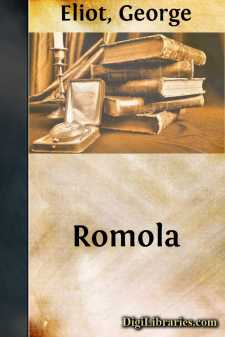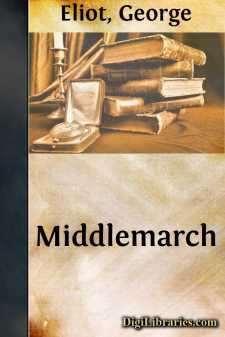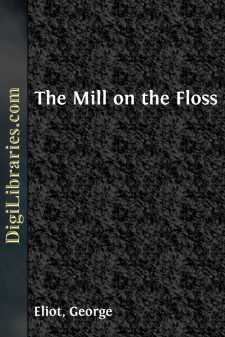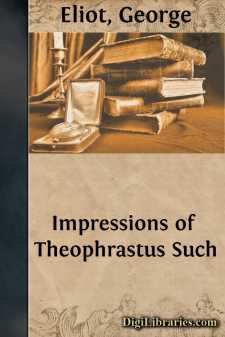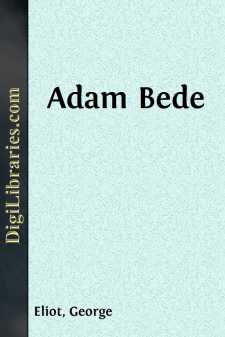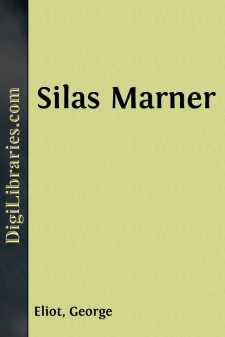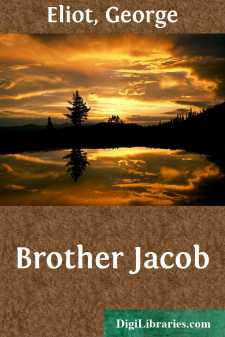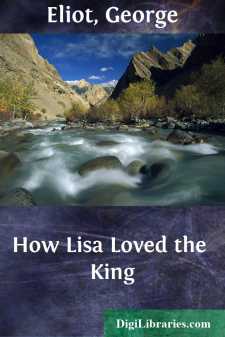Categories
- Antiques & Collectibles 13
- Architecture 36
- Art 48
- Bibles 22
- Biography & Autobiography 815
- Body, Mind & Spirit 144
- Business & Economics 28
- Children's Books 18
- Children's Fiction 14
- Computers 4
- Cooking 94
- Crafts & Hobbies 4
- Drama 346
- Education 58
- Family & Relationships 59
- Fiction 11834
- Games 19
- Gardening 17
- Health & Fitness 34
- History 1378
- House & Home 1
- Humor 147
- Juvenile Fiction 1873
- Juvenile Nonfiction 202
- Language Arts & Disciplines 89
- Law 16
- Literary Collections 686
- Literary Criticism 179
- Mathematics 13
- Medical 41
- Music 40
- Nature 179
- Non-Classifiable 1768
- Performing Arts 7
- Periodicals 1453
- Philosophy 65
- Photography 2
- Poetry 896
- Political Science 203
- Psychology 44
- Reference 154
- Religion 515
- Science 126
- Self-Help 85
- Social Science 82
- Sports & Recreation 34
- Study Aids 3
- Technology & Engineering 59
- Transportation 23
- Travel 463
- True Crime 29
Our website is made possible by displaying online advertisements to our visitors.
Please consider supporting us by disabling your ad blocker.
Romola
by: George Eliot
Description:
Excerpt
Prologue.
More than three centuries and a half ago, in the mid spring-time of 1492, we are sure that the angel of the dawn, as he travelled with broad slow wing from the Levant to the Pillars of Hercules, and from the summits of the Caucasus across all the snowy Alpine ridges to the dark nakedness of the Western isles, saw nearly the same outline of firm land and unstable sea—saw the same great mountain shadows on the same valleys as he has seen to-day—saw olive mounts, and pine forests, and the broad plains green with young corn or rain-freshened grass—saw the domes and spires of cities rising by the river-sides or mingled with the sedge-like masts on the many-curved sea-coast, in the same spots where they rise to-day. And as the faint light of his course pierced into the dwellings of men, it fell, as now, on the rosy warmth of nestling children; on the haggard waking of sorrow and sickness; on the hasty uprising of the hard-handed labourer; and on the late sleep of the night-student, who had been questioning the stars or the sages, or his own soul, for that hidden knowledge which would break through the barrier of man’s brief life, and show its dark path, that seemed to bend no whither, to be an arc in an immeasurable circle of light and glory. The great river-courses which have shaped the lives of men have hardly changed; and those other streams, the life-currents that ebb and flow in human hearts, pulsate to the same great needs, the same great loves and terrors. As our thought follows close in the slow wake of the dawn, we are impressed with the broad sameness of the human lot, which never alters in the main headings of its history—hunger and labour, seed-time and harvest, love and death.
Even if, instead of following the dim daybreak, our imagination pauses on a certain historical spot and awaits the fuller morning, we may see a world-famous city, which has hardly changed its outline since the days of Columbus, seeming to stand as an almost unviolated symbol, amidst the flux of human things, to remind us that we still resemble the men of the past more than we differ from them, as the great mechanical principles on which those domes and towers were raised must make a likeness in human building that will be broader and deeper than all possible change. And doubtless, if the spirit of a Florentine citizen, whose eyes were closed for the last time while Columbus was still waiting and arguing for the three poor vessels with which he was to set sail from the port of Palos, could return from the shades and pause where our thought is pausing, he would believe that there must still be fellowship and understanding for him among the inheritors of his birthplace.
Let us suppose that such a Shade has been permitted to revisit the glimpses of the golden morning, and is standing once more on the famous hill of San Miniato, which overlooks Florence from the south.
The Spirit is clothed in his habit as he lived: the folds of his well-lined black silk garment or lucco hang in grave unbroken lines from neck to ankle; his plain cloth cap, with its becchetto, or long hanging strip of drapery, to serve as a scarf in case of need, surmounts a penetrating face, not, perhaps, very handsome, but with a firm, well-cut mouth, kept distinctly human by a close-shaven lip and chin....


